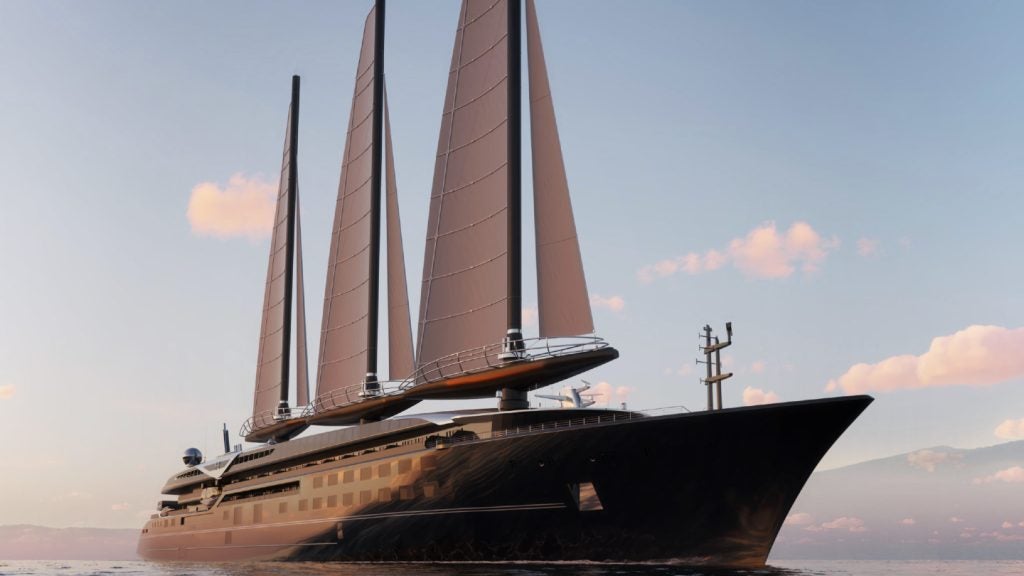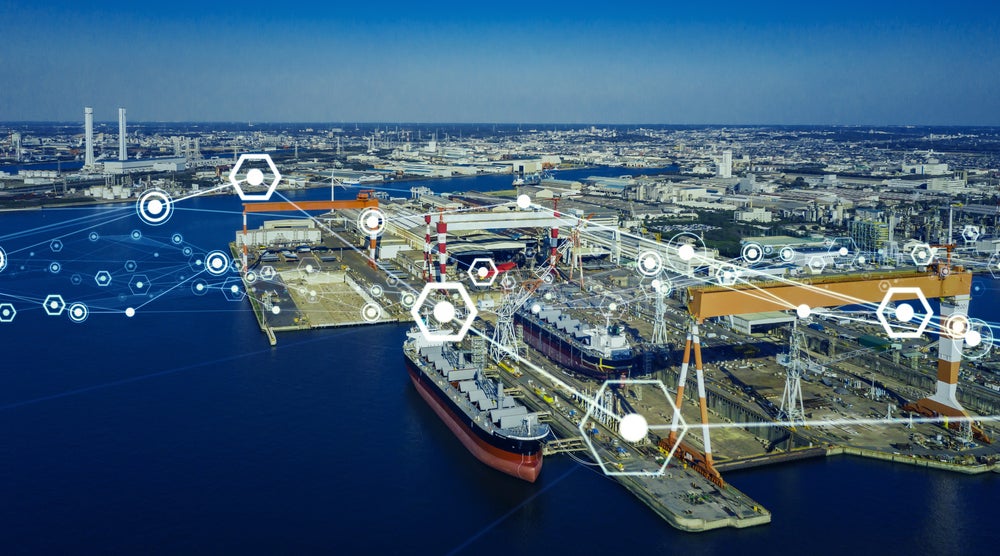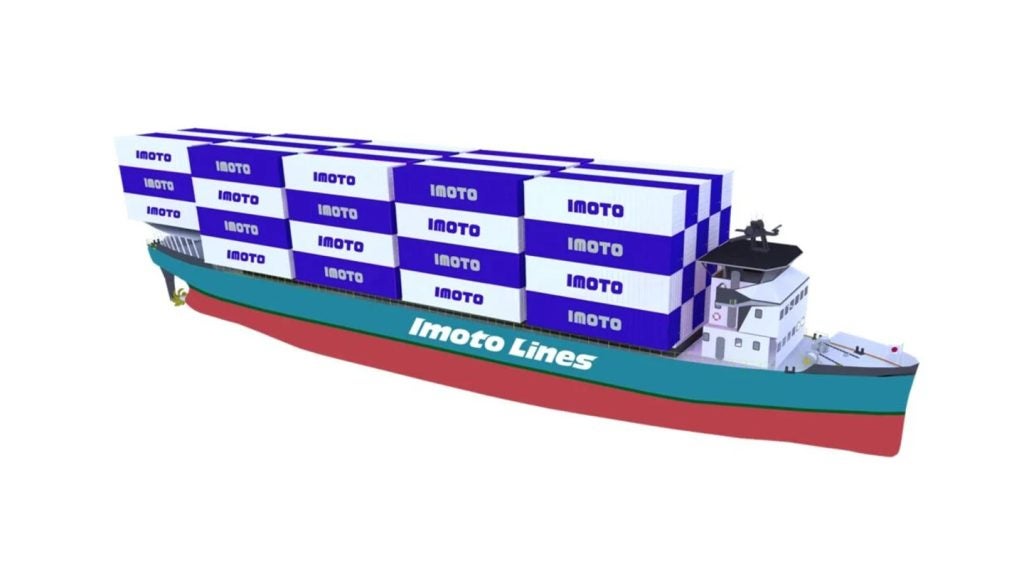Finnish manufacturer Cargotec‘s MacGregor has entered into an agreement with Maersk Line, a subsidiary of Danish business conglomerate Maersk Group, to jointly develop the next-generation of container securing systems.
MacGregor Cargo Handling Division senior vice-president Leif Bystrom said: “Maersk Line is the world’s leading container shipping company, with operations in all parts of the world.
“We are very happy to be able to extend our cooperation in the development of our container securing systems.
“I am convinced that this will benefit both parties, as the ship sizes continue to grow with increasing efficiency requirements.”
The move comes in the wake of the ever increasing size of the container ships ranging from feeder sizes with an average capacity of carrying 300 to 500TEU to the present ultra-large container ships.
Maersk Line vice-president and operations head of technical Ole Graa Jakobsen said: “MacGregor has a long history as leading supplier of container securing systems.
How well do you really know your competitors?
Access the most comprehensive Company Profiles on the market, powered by GlobalData. Save hours of research. Gain competitive edge.

Thank you!
Your download email will arrive shortly
Not ready to buy yet? Download a free sample
We are confident about the unique quality of our Company Profiles. However, we want you to make the most beneficial decision for your business, so we offer a free sample that you can download by submitting the below form
By GlobalData“We are committed to offering our customers competitive ocean transportation, and extending our cooperation with MacGregor will contribute to our continued success in this.”
In June this year, Maersk Line placed an order for 11 second generation Triple-E container vessels with a capacity of 19,630TEU each with Daewoo Shipbuilding & Marine Engineering (DSME) for $1.8bn following the seven 3,600TEU feeder vessels announced earlier this year.
Maersk Line has unveiled plans to invest $15bn in new-buildings, retrofitting, containers and other equipment to replace less efficient tonnage as well as to meet the increasing global demand.






